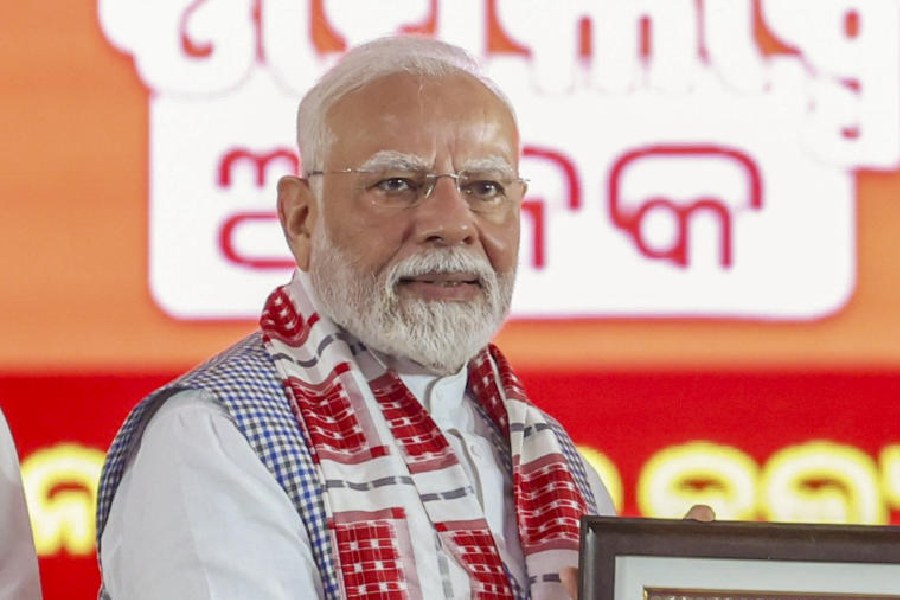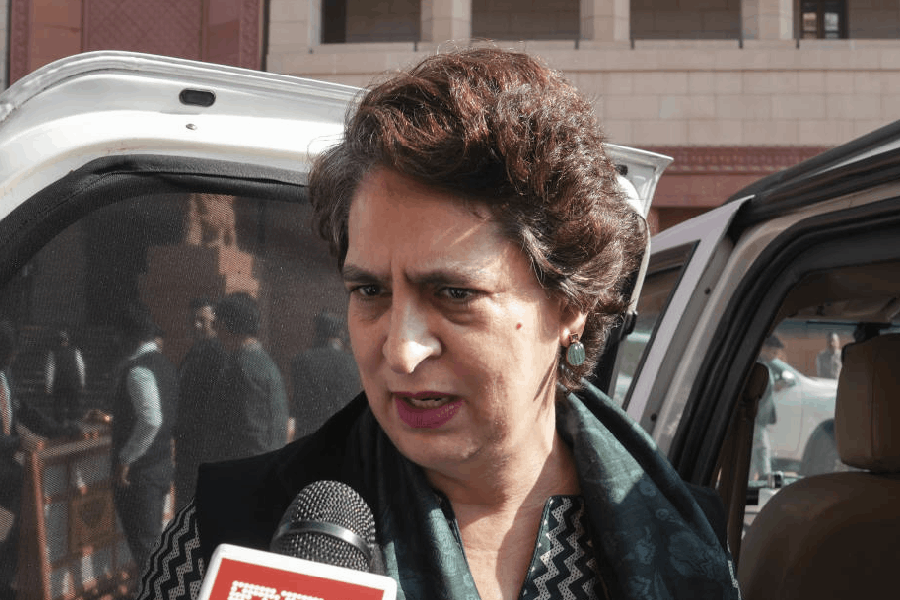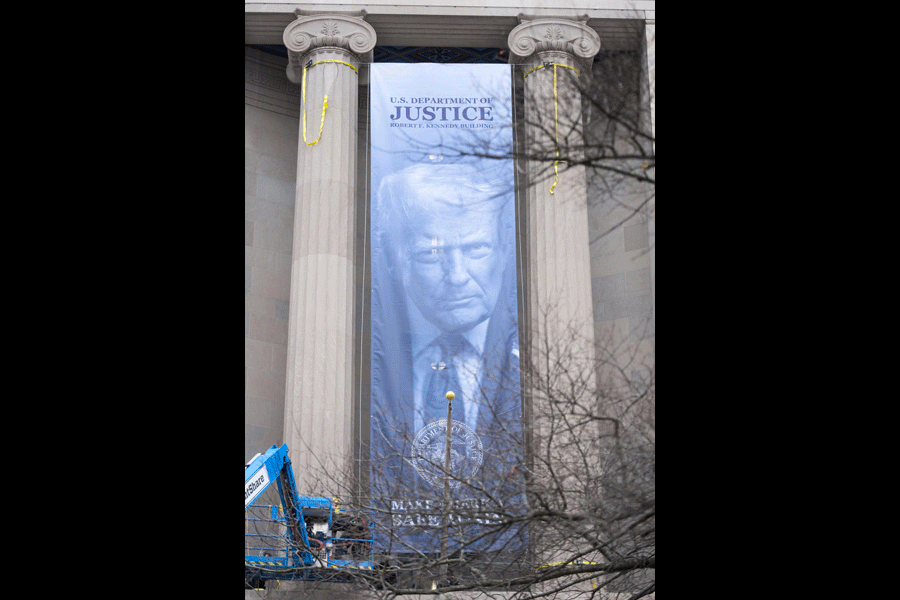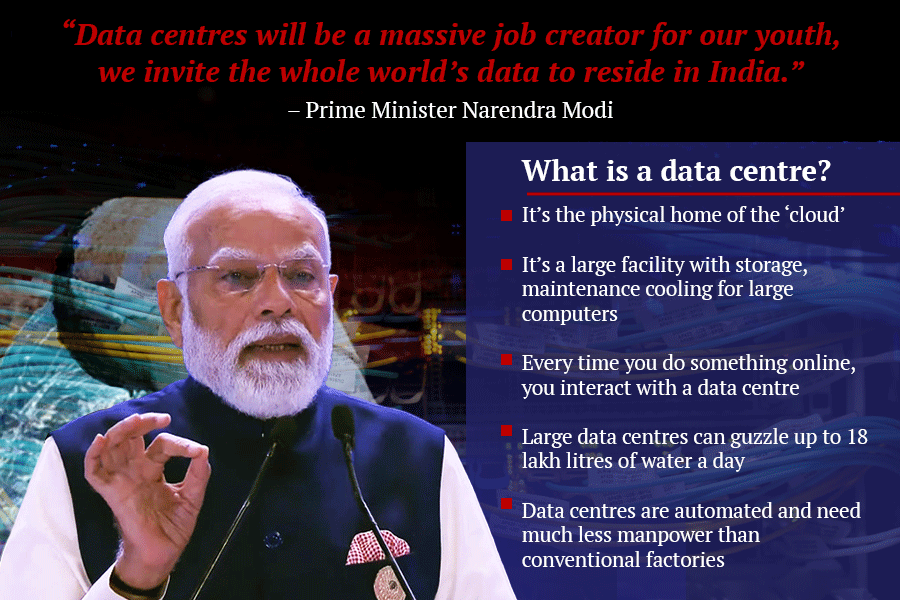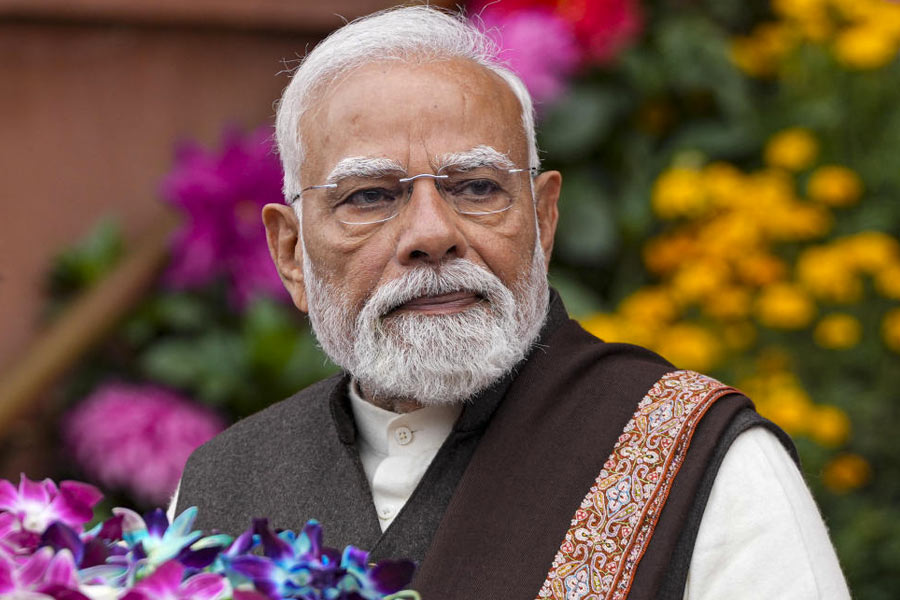All day Sunday, India chose to remain silent on the escalation of the Israel-Iran conflict with the US bombing three Iranian nuclear sites, although several countries across the world spoke up.
The only Indian comment on the situation came from Prime Minister Narendra Modi after he received a call from Iranian President Masoud Pezeshkian.
However, barring a reference to “recent escalations”, there was no allusion in the Prime Minister’s social media post to the US military strikes or Israel.
Although the dynamics had changed drastically overnight, the Prime Minister’s post read almost like the statement that the external affairs ministry had issued on June 13 when Israel launched its military strikes on Iran.
“Spoke with President of Iran @drpezeshkian. We discussed in detail about the current situation. Expressed deep concern at the recent escalations,” Modi posted on X.
“Reiterated our call for immediate de-escalation, dialogue and diplomacy as the way forward and for early restoration of regional peace, security and stability.”
According to the external affairs ministry readout on the conversation, Pezeshkian briefed Modi on the situation in detail.
“PM conveyed that India was on the side of peace and humanity. In this context, PM emphasised the need for immediate de-escalation, dialogue and diplomacy as the way forward,” the ministry said.
“He reiterated India’s support for early restoration of regional peace, security and stability.”
On display was the same balancing act that India has been performing for the past three years on the Russia-Ukraine conflict and, more recently, on the Israel-Iran faceoff.
If India tilted towards Russia in the Ukraine conflict, New Delhi broke ranks with other Shanghai Cooperation Organisation member countries earlier this month and distanced itself from the grouping’s statement condemning Israel.
While India has grown closer to Israel in recent decades — more so during the Modi years, especially in defence partnership — the relationship with Iran runs deeper, making the tightrope-walking much more difficult than it was with Russia and Ukraine.
Add to this the ramifications of the conflict’s possible expansion to other countries in the region. Not only would a wider conflict require a mammoth evacuation exercise, given that about 9 million Indians live in the Gulf, it would also affect remittances.
Bahrain has already asked its educational institutions to shift to the remote mode and activated work-from-home for most people, fearing it might get caught in the conflict as Iran has threatened to strike US military bases. The US Navy’s Fifth Fleet is headquartered in Bahrain.
Iran has threatened to close the Hormuz Strait — through which a fifth of the world’s oil and gas is transported — which would hurt India although New Delhi has cut back on its use of Iranian oil because of the US sanctions and has diversified its oil basket.
Oil and gas from other Gulf countries too is transported through this narrow waterway.
An escalation would jeopardise two major Indian investments: the Chabahar Port in Iran, which gives India access to land-locked Afghanistan and Central Asia, and the International North-South Transport Corridor, which connects India, Iran, Central Asia and Russia through a network of shipping, railway and road routes.
Iran, Russia and India had established the corridor in the year 2000 to enhance trade and transport connectivity. It only recently become operational in parts after many hiccups.
While India has not criticised Israel for its unilateral attacks on Iran or its plans to effect a regime change in Tehran, the institutional unease at the recent developments is evident. A regime change in Tehran is bound to trigger chaos, as indicated by recent West Asian history.
Former foreign secretary Kanwal Sibal articulated a fairly widely held view among India’s foreign policy experts in a social media post last week.
“Claiming the right to kill the top leader of a country considered an adversary to achieve peace is fraught with dangerous ramifications…,” he said.
“Will such acts necessarily bring about peace? Have they brought peace to Iraq or Libya?... Irrespective of the merits of the positions of both sides, the current conflict between Israel and Iran should be ended before it expands. Indian interests are not being served by this conflict.”

